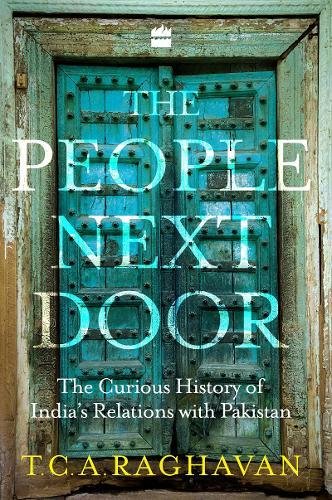In September 1960, during a rare five-day visit by an Indian Prime Minister to Pakistan, Jawaharlal Nehru and Pakistan President Ayub Khan drove in an open car together to the hill station of Murrie. The air would have been chilly, but not colder than the mood in the car, and the two leaders spent most of the drive without uttering a word. The outcome of the drive that dispelled all chances of a thaw between India and Pakistan is detailed in various accounts by Nehru, Ayub and diplomats of the time, which have been collated in former High Commissioner to Pakistan TCA Raghavan’s book under review. According to Raghavan, optimism was high about a breakthrough on outstanding India-Pakistan issues when PM Nehru had landed in Karachi on September 19 to sign the historic Indus Water Treaty that remains until today one of the few long-lasting points of accord. Progress had also been made on settling the West Pakistan-Punjab-Rajasthan and East Pakistan-Assam-Bengal boundaries. Resolving the Kashmir dispute appeared to be next on the agenda.
But the conversation was derailed the moment the two stepped in the car, as neither side appeared to give anything. ‘Nehru merely repeated the old offer of the ceasefire line, with minor modifications, as the international border, on a take-it-or leave it basis,’ Ayub Khan is quoted as saying, in a biography. ‘In his personal records, Nehru too wrote that both leaders were constantly repeating the same arguments and not getting anywhere.’ As a result, the moment was lost, and by the time India was finished with the 1962 war with China, and then the Pakistan wars in 1965 and 1971, there was little leeway left for any leader to offer any compromises.

